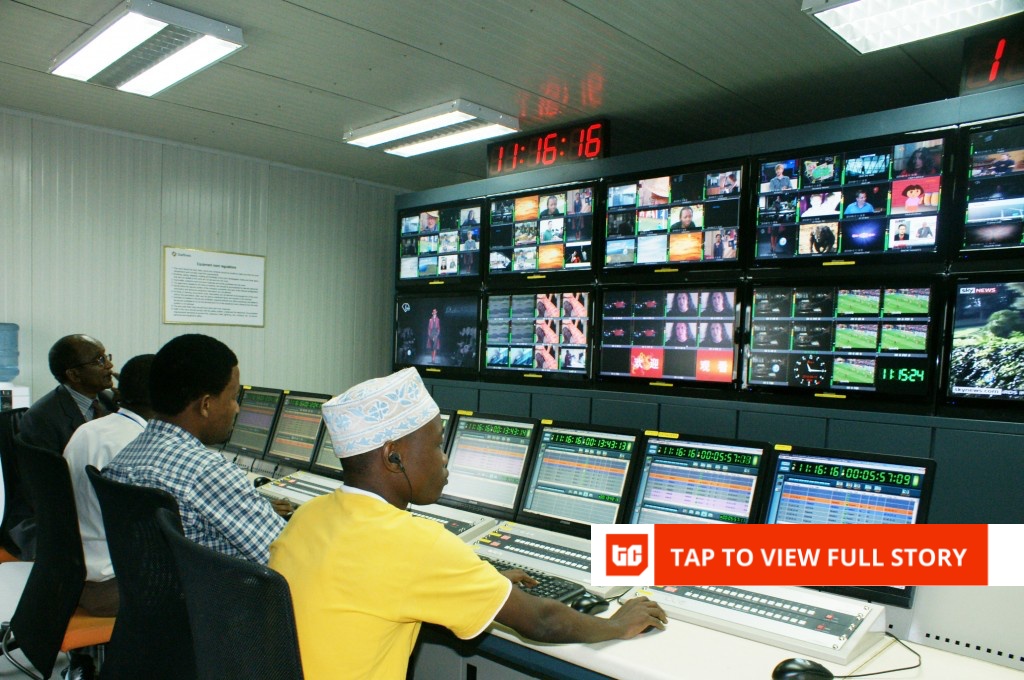Tanzania has shut down over 80,000 websites, social media accounts, blogs, and online platforms in the country’s most extensive digital content purge. The government said the move is meant to protect children’s mental health, but it also signals a growing appetite for online censorship.
On Monday, Hamis Mwijuma, the deputy minister for information, culture, arts, and sports, told parliament that the Tanzania Communications Regulatory Authority (TCRA) had identified 80,171 platforms “publishing unethical content that poses a risk to children’s mental health.”
Mwijuma was responding to a question from Special Seats MP Ng’wasi Kamani on the government’s plans to control social media content.
The scale of the crackdown points to a wider state campaign that’s evolved over the last decade. In 2017, Tanzania’s parliament passed the Electronic and Postal Communications (Online Content) Regulations, with additional amendments in 2020. These laws criminalise content considered indecent, obscene, hateful, or disruptive to public order.
Offenders face up to 12 months in prison, fines of TSH 5 million ($1,858), or both. The regulations give the TCRA sweeping powers to police social media, including blogs and private accounts.
“It is not the first time they’re doing this. Seven years ago, during President Magufuli’s term in office, they had content creators (bloggers, owners of YouTube channels) needing to be registered and licenced to disseminate information,” Emmanuel Chenze, COO at African Uncensored, a Kenyan investigative media company, told . “For a country with such a history, this news is obviously not a sign of progress.”
In October 2024, the government suspended the digital unit of Mwananchi Communications, a subsidiary of Nation Media Group, over an animated video depicting relatives searching for missing loved ones. The main character resembled President Samia Suluhu Hassan. TCRA said the video threatened public order and harmed Tanzania’s image. Mwananchi’s online licences were suspended for 30 days.
Mwijuma said the government is also training journalists and digital content creators to detect fake news and protect “a safe cultural environment for Tanzanian children.”
But critics say the government is using child protection as cover for a wider crackdown on dissent. No public information exists on how platforms are flagged, whether takedowns can be appealed, or if affected creators were given notice.
“There’s a thin line between cracking down on harmful (to kids) content, regulating online content, and outright gagging,” Chenze added. “The efforts to do the former, which may include the passage of some laws and extreme measures like the ones taken in this case by TCRA, can easily lead to the latter. Nothing stops them from being weaponised and used to stamp out dissenting voices.”
The Tanzanian government has not clearly defined what qualifies as harmful content, nor outlined who makes that determination or how those decisions are reviewed. Yet it continues to expand its authority over online expression, deciding who gets to speak and what can be said.










